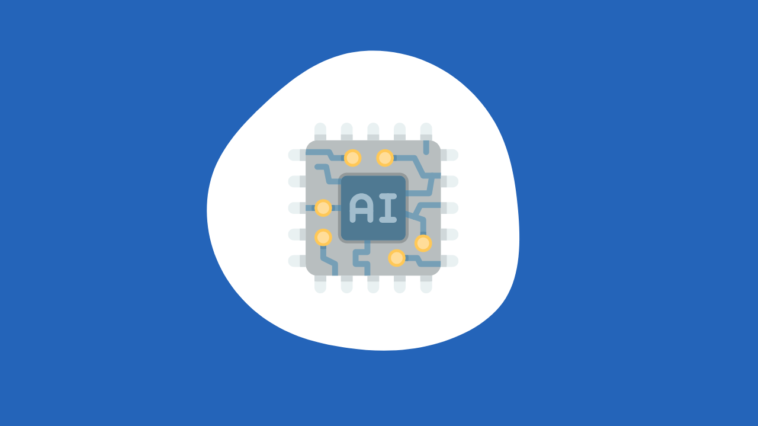Artificial Intelligence (AI) software has been increasingly used in various industries, including product development. It involves the use of algorithms and machine learning to automate complex tasks and generate insights. In product development, AI software can improve the efficiency and quality of the process, leading to better products. This article discusses the benefits of using AI software in product development, its applications, challenges, limitations, and successful examples.
Advantages of using AI software in product development
Reduction of time and cost in the product development process
The use of AI software in product development can speed up the process by automating tasks that would take humans longer to accomplish. This leads to cost savings and faster time-to-market for products.
Improvement in product quality and performance
AI software can help improve the quality and performance of products by predicting and identifying potential design issues before they occur. This ensures that the final product is of high quality and meets the customer’s expectations.
Identification of potential design issues and opportunities for improvement
AI software can analyze vast amounts of data and generate insights that can help identify design issues and opportunities for improvement. This allows for the optimization of product design and functionality.
Prediction of product behavior and customer preferences
AI software can analyze customer behavior and preferences to predict how a product will perform in the market. This helps companies design products that meet customer needs and preferences, leading to increased sales and customer satisfaction.
Applications of AI software in product development
Computer-aided design (CAD) and simulation
AI software can be used to generate 3D models of products and simulate their performance under different conditions. This helps designers optimize the design and functionality of the product before it is built.
Predictive maintenance and quality control
AI software can monitor equipment performance and predict when maintenance is needed. This helps prevent downtime and reduces maintenance costs. AI can also identify quality issues and automatically reject defective products, leading to better product quality.
Supply chain optimization
AI software can optimize the supply chain by analyzing data on inventory levels, production capacity, and demand. This helps companies make informed decisions on inventory management and production planning, leading to cost savings and better supply chain efficiency.
Product testing and certification
AI software can automate product testing and certification, ensuring that products meet regulatory requirements and quality standards. This saves time and reduces the cost of testing and certification.

Challenges and limitations of using AI software in product development
Lack of transparency and accountability in decision-making
AI algorithms can be complex, making it difficult to understand how decisions are made. This can lead to a lack of transparency and accountability in the decision-making process.
Dependence on data quality and availability
AI software relies on data to generate insights and make decisions. If the data is of poor quality or not available, the accuracy of the insights generated by the AI software may be compromised.
The need for skilled AI experts and engineers
AI software requires skilled experts and engineers to develop and maintain it. This can be a challenge for companies that do not have the resources to hire or train such experts.
Potential biases in the AI algorithms
AI algorithms may be biased due to the data they are trained on. This can lead to unintended consequences, such as perpetuating social or economic inequality.


